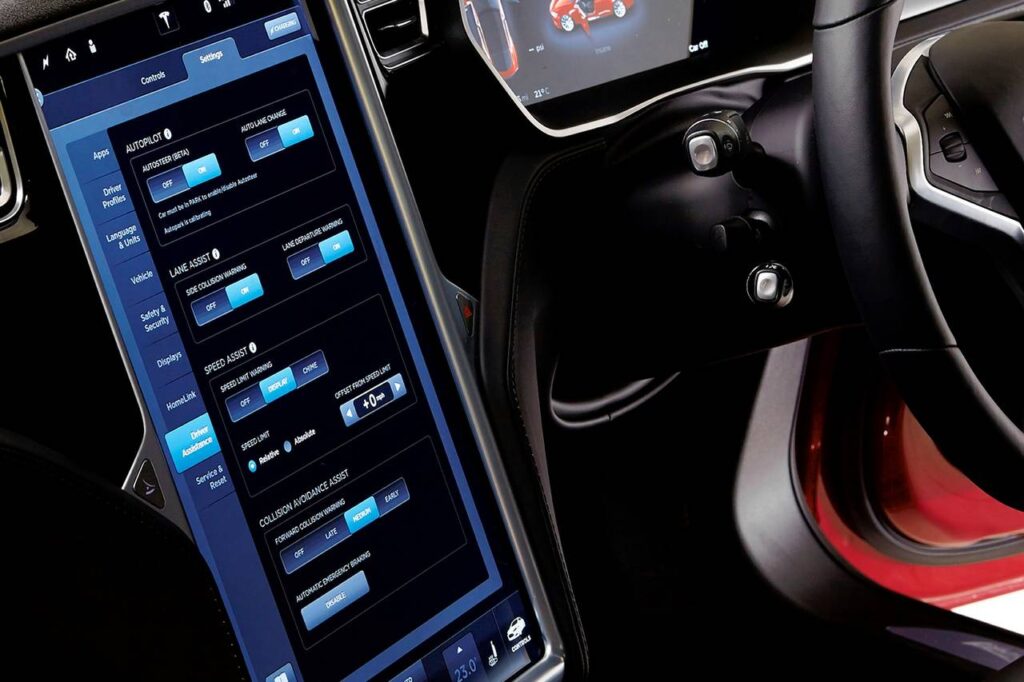The Evolution of Automotive Technology
Automotive technology has made significant advancements, drastically improving vehicle performance, efficiency, and safety. Modern vehicles are now equipped with an array of electronic control units (ECUs) that govern everything from engine performance to safety features. These ECUs, often referred to collectively as “vehicle computers,” play a crucial role in maintaining optimal vehicle function. As technology evolves, so does the need for regular inspection and maintenance to ensure these systems operate seamlessly.

Importance of Regular Inspections for ECUs
Regular inspection of vehicle electronics is essential for maintaining the overall health and efficiency of your car. These control units oversee a variety of functions, monitoring critical systems and making real-time adjustments. By inspecting these systems regularly, you can identify potential issues before they become severe, preventing costly repairs and breakdowns. Just like traditional mechanical components, these electronic systems are subject to wear and tear, which can impact their performance over time.
Signs That Your Vehicle’s ECUs Need Attention
Recognizing the signs that your vehicle’s computers need attention can prevent minor issues from escalating. Common indicators include dashboard warning lights, erratic engine behavior, decreased fuel efficiency, or malfunctioning safety systems. If you experience any of these symptoms, it’s crucial to have a professional diagnose and address the problem promptly. Ignoring these warning signs can lead to more significant issues, affecting your vehicle’s performance and safety.
Benefits of Professional Diagnostics and Maintenance
Having your vehicle’s electronic systems inspected by a professional offers numerous benefits. Technicians use specialized tools and diagnostic software to accurately identify and resolve issues. This professional scrutiny ensures that all aspects of your vehicle’s computers are functioning correctly and efficiently. Regular maintenance can also optimize performance, enhance fuel efficiency, and extend the life of your vehicle. Professionals can update software, repair faulty components, and make necessary adjustments to keep your car running smoothly.
Best Practices for Maintaining Vehicle Electronics
To keep your vehicle’s electronic systems in optimal condition, follow some best practices. Ensure regular maintenance checks by certified technicians who understand the complexities of modern automotive technology. Avoid DIY fixes unless you’re well-versed in automotive electronics, as improper handling can exacerbate the problem. Stay updated with any recalls or software updates issued by the manufacturer, which can address known issues or improve system performance. Lastly, maintain a clean environment within your vehicle to prevent dust and debris from interfering with electronic components.
Regular inspections and maintenance of your vehicle’s computers are essential for preserving the performance and safety of your car. By staying vigilant and proactive, you can ensure that these crucial systems continue to operate effectively, extending the lifespan of your vehicle and enhancing your overall driving experience.

